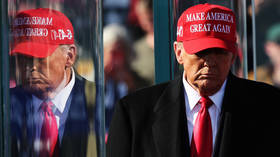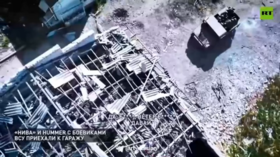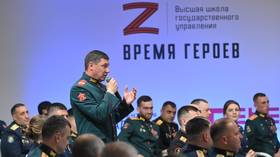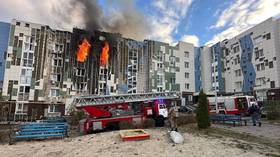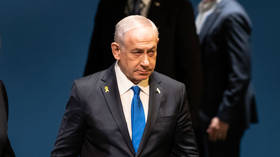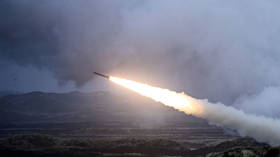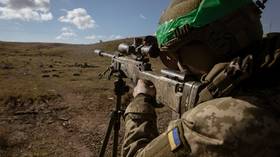Washington ratcheting up tension it can’t afford
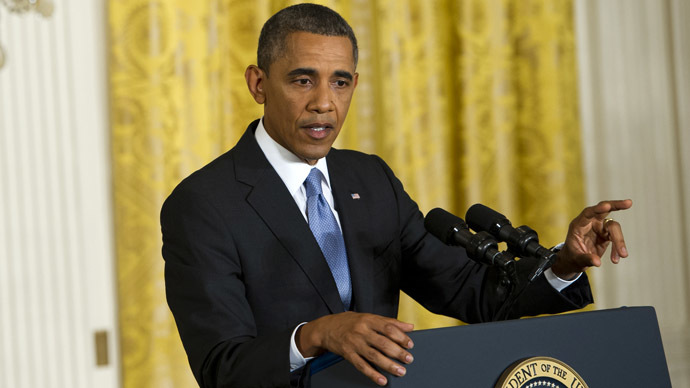
After Barack Obama called off his September visit to Moscow over Russia’s granting of asylum to Edward Snowden, political analysts began speculating on whether a cooling of US-Russia relations is a sign of a renewed Cold War.
“The last few days Washington was obviously ratcheting up the tension,” Richard Spencer, president of the National Policy Institute and Washington Summit Publishers, told RT. He recalls how Barack Obama appeared on a late night television show and said that he feared that people in Moscow had “a Cold War mentality.”
The analyst believes Russia and the US have major disputes and real differences on a number of issues and that translates into diplomacy with two countries fighting a number of proxy ideological wars in a number of “planes”.
“One of them is propaganda or ideological plane, where Barack Obama is claiming there are some problems with the gay rights, human rights in Russia. And there’s also a kind of propaganda plane with surveillance and the Snowden situation. And in that it looks like according to the world opinion Putin has really had a great victory in the sense that it’s making the United States look like a spying state,” Spencer says.
But the major proxy war between Russia and the US is, according to the analyst, the actual war in Syria.
“Russia is on the side of established sovereign authorities.” he says, “And Washington is playing a kind of dangerous game of both desiring hegemony in the region and trying to achieve that by creating chaos and riding the wave of Muslim discontent.”
Edward Snowden finding refuge in Russia appears to be the main source of the White House’s discontent and of President Obama’s tough rhetoric in relation to Moscow, according to Shirin Sadeghi, an international relations expert RT interviewed.
“It just seems that this particular Snowden affair has unleashed a level of anger in the US government that is preventing them from actually doing what they do very well, which is do foreign policy, manage crises and use the press to do that. I think it’s actually a very unique and rarely seen sign of weakness,” she said.
Sadeghi found Obama actually sounded threatening at the press conference, but she described the threats as the “playground” ones, saying America cannot afford to have tensions with Russia as too many world issues depend on them getting along.
“The US administration simply cannot afford to exclude Russia from important talks on very important issues. Before Snowden happened a couple of months ago those issues were very much to do with Syria and some foreign policy issues as well some economic issues that the US and Russia have in common.”
The statements, views and opinions expressed in this column are solely those of the author and do not necessarily represent those of RT.


